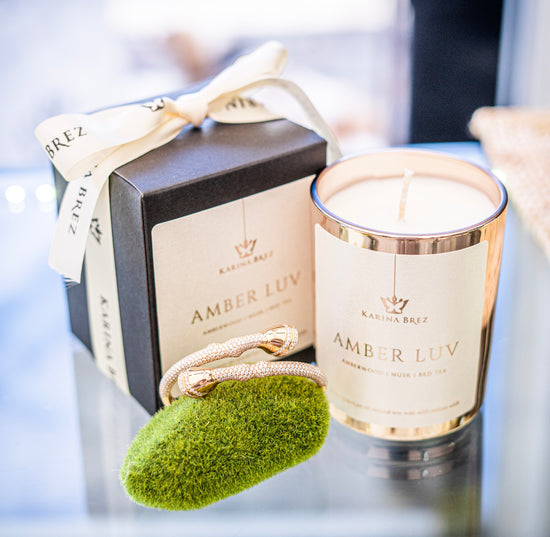Haflingers are one of the most tolerant horse breeds in the equine world today. They are known to be extremely quiet, gentle, and willing to learn. It is a breed that will support a beginning rider or listen to the commands of someone with expertise with relative ease. They are outgoing, extremely friendly, but they are also very sensitive.
That sensitivity has led to some misconceptions about the Haflinger horse temperament. Here are some of the key points that you’ll want to know about this horse breed.
#1. Haflingers are incredibly intelligent.
Most Haflingers are above-average when it comes to their overall intelligence. This allows the horse to be able to learn new skills or tasks very quickly during a training session. It also means they’re lots of fun to work with on a regular basis because they catch on so quickly.
This high intelligence does present some challenges. Haflingers are very adept at managing their environment. They can learn how to open gates, for example, all on their own. Their ease to pick up a new skill can also be a way to develop a bad habit before you realize it is happening.
#2. Haflingers can also be quite stubborn.
Haflingers know that they are smart. This means there is a certain stubbornness to their temperament that can be difficult to get through. If they develop a bad habit and that turns into a problematic behavior, it can be difficult to shift the horse’s perspective. In their view, they learned a great new skill and no one can tell them otherwise.
This can lead a Haflinger to believe that their plans are better than your plans, so they stop listening altogether whenever there is a possible trigger around. If the horse decides that being turned out is potentially hazardous to their health, then they’re going to stay in their stall and let you know, in no uncertain terms, that there is nothing you can do about it.
#3. Haflingers can be sweet and gentle, but they can also be aggressive.
The reputation of a Haflinger is that anyone can go up to one, get to know the horse for a couple of minutes, and then go out for a ride. They are sweet and gentle, with many Haflingers being excellent therapy horses. It is their sensitive side that can make this breed turn aggressive.
The tolerance of a Haflinger will only go so far. If you’re learning horsemanship, then this breed will help to teach. If you have poor skills and continue to do so, without any improvement, then eventually the horse is going to say that enough is enough. When that happens, it is not unusual to see a Haflinger try to buck, kick, or simply run away. If the horse feels trapped, biting becomes an option as well.
\nParty ponies in the making #RockNSummit #GypsyVanner #Haflinger #HOrse #Pony #Gelding #RockNPonyParties #BusyDaysAhead pic.twitter.com/8ZcSrsueJB
— Rock'N Ponies (@RockNPonyPartys) May 7, 2017
#4. Haflingers can become very jealous.
It’s good to have a horse that is friendly and willing to learn. It’s not as good to have a horse that is overly friendly and outgoing, not wanting to leave you alone. You’ll find these horses want to establish deep emotional connections with people. They’ll nuzzle your hair, check your pockets for treats, and even attempt to cuddle up next to you. Haflingers have no regard for their size.
This means an overly friendly Haflinger could very well be trying to walk over you because they’re trying to be friends… or at the very least, scoping you out to see if you have a treat. One of the first skills that most Haflingers need to be taught is the concept of personal space. That way you have a command that can be given to let the horse know it has come too close to your personal boundaries.
This command is important to teach because of the sensitivity of the horse. If you’re pushing away a friendly Haflinger, there’s a good chance the horse will feel like this is rejection. Should that happen one too many times for the horse’s liking, you could see more of the aggressive side instead of the sweetness that is so common to the breed.
#5. Haflingers prefer to be led by example.
Many of the training methods that are used in the equine world tend to evolve pain or discomfort. Even when you’re placing pressure on the sides of the horse, you’re creating a physical sensation that is intended to teach the horse a specific movement. Haflingers do not like this concept whatsoever.
The problem here is that Haflingers tend to be very stoic. You don’t really see their emotions unless they are exploding out of the horse. This can cause a handler who isn’t aware of the horse’s reactions to believe that the desired result is being stubbornly avoided, creating a negative cycle through pressure and pain that ultimately results in rebellion.
Haflingers don’t like to be forced into learning a new skill. They like to be led by example. For a Haflinger that doesn’t like to go into a certain area, it may be more beneficial to use a lead horse to show the Haflinger that it is safe. For those who become scared of certain hazards, it may be useful to show them smaller hazards so they can see that there’s nothing to worry about.
Just like you can’t force a horse to drink if you lead them to water, you can’t force a Haflinger to change his mind. You’ve got to show the horse that they’ve made the wrong choice.
#6. Haflingers require repetition.
The kind disposition of the average Haflinger creates a certain amount of trust within the horse for those who are around. You can ask a Haflinger to go into a trailer and he’ll do it on the first attempt. It isn’t because the horse naturally knows what to do. It is because the horse trusts the command and is willing to give it a go because of the respect it has for your relationship.
This can be mistaken for knowledge and cause the horse to receive a rushed training opportunity. Haflingers need repetition, just like any other breed. That way the Haflinger can understand what you want instead of blindly following what you’re asking to have done.
Without an explanation or understanding, it is very common for the Haflinger temperament to respond with a refusal, rebellion, or aggression. Their kindness and respect will only go so far.
The Haflinger horse temperament makes this breed one of the most sought after family horses in the world today. Like any horse, they can sometimes be unpredictable. With the right training and the establishment of a relationship, however, many find that their Haflinger is one of the sweetest horses they have ever known.




